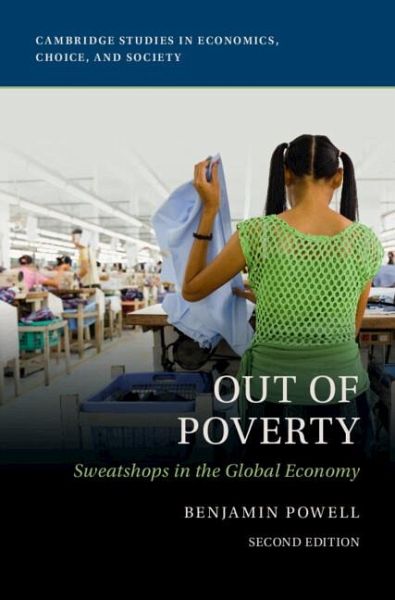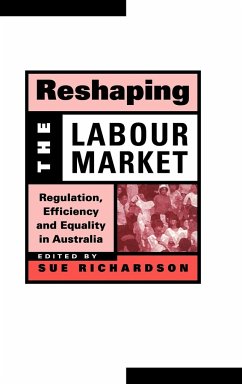
Out of Poverty
Versandkostenfrei!
Versandfertig in 1-2 Wochen
97,99 €
inkl. MwSt.
Weitere Ausgaben:

PAYBACK Punkte
49 °P sammeln!
Out of Poverty provides a comprehensive defence of Third World sweatshops that does not put economic efficiency over people, but instead explores methods of improving the welfare of those in Third World countries. The author explains how sweatshops provide the best opportunity for workers; and how they play an important role in development, leading to better wages and working conditions. Using economic theory, empirical evidence, and historical investigation, Powell argues that the anti-sweatshop movement would harm the very workers it intends to help by creating less-desirable alternatives an...
Out of Poverty provides a comprehensive defence of Third World sweatshops that does not put economic efficiency over people, but instead explores methods of improving the welfare of those in Third World countries. The author explains how sweatshops provide the best opportunity for workers; and how they play an important role in development, leading to better wages and working conditions. Using economic theory, empirical evidence, and historical investigation, Powell argues that the anti-sweatshop movement would harm the very workers it intends to help by creating less-desirable alternatives and undermining development. Including a new chapter on the 2013 Rana Plaza factory collapse in Bangladesh, this revised and expanded second edition also explores how sweatshop wages have changed and how poverty alleviation has progressed in countries with sweatshops in the late 1990s and early 2000s and how boycotting Uyghur forced labor in China differs other sweatshop boycotts.














